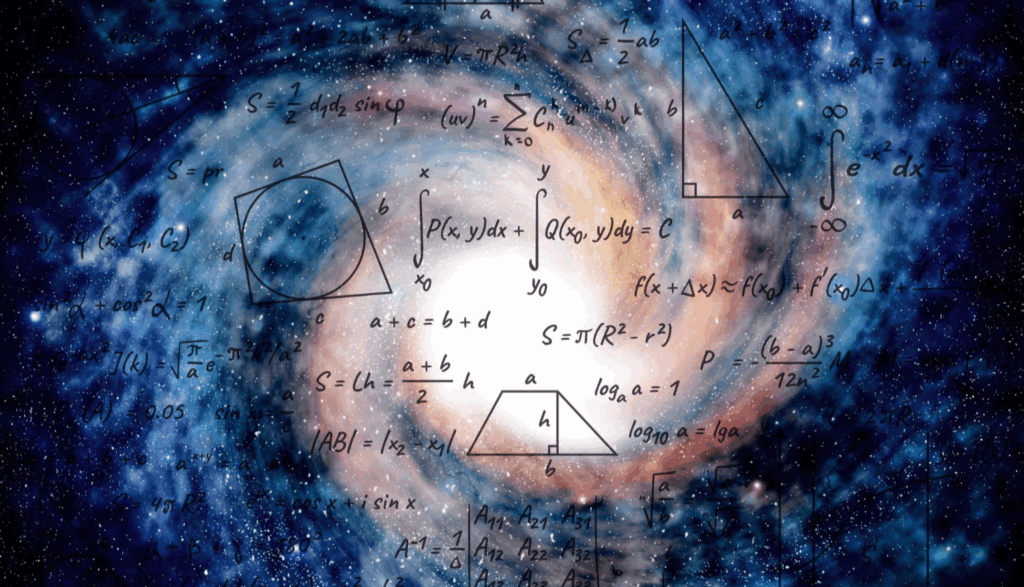Numerology is the ancient study of the symbolic and energetic meaning of numbers. From birthdates to names, numerologists assign numerical values to aspects of our lives, interpreting the resulting figures as indicators of personality, destiny, and life events. But can such a system be proven using mathematics? Or is it better understood as a symbolic language—like astrology or myth—rooted in personal resonance rather than objective truth?
The Mathematical Foundations
At first glance, numerology appears to have mathematical structure. The Pythagorean method, for example, assigns each letter in the alphabet a value from 1 to 9 and reduces multi-digit numbers to their “core essence” by summing their digits. For instance, the number 1985 becomes 1 + 9 + 8 + 5 = 23, and then 2 + 3 = 5. These core digits are said to hold vibrational meanings, influencing a person’s life path or inner motivations.
This process involves arithmetic, modular reduction, and number patterns—all undeniably mathematical tools. However, mathematics as a science requires replicable, objective outcomes. Numerology, by contrast, applies interpretive meaning to numbers—meaning that may vary between systems (e.g., Chaldean vs. Pythagorean numerology) or even between practitioners.
Energetic Codes and Subjective Experience
The idea of “energetic codes” in numerology is not based on observable energy in the physical sense, but rather on a metaphysical belief that numbers carry vibrational signatures. These vibrations, according to numerology, influence the unseen patterns of our lives. While physics and mathematics study observable phenomena, numerology deals in archetypes, symbols, and patterns of meaning.
Some scholars have compared numerology to Jungian archetypes—tools that help people make sense of their inner lives. When someone reads their “life path number” and finds it aligns with their personality or life story, it may not be because of a causal force, but because of psychological projection and pattern recognition.
Related: Unlocking the Universal Year Code: What 2026 (or your chosen year) Brings Numerologically

The Intersection with Mathematical Patterns
Interestingly, numerology sometimes aligns with real mathematical structures. Repeating numbers, palindromes, and number spirals (like the Fibonacci sequence) have intrigued both mystics and mathematicians. However, the interpretation of these patterns as messages or codes is where numerology diverges from math.
Efforts have been made to “scientize” numerology by exploring its relation to sacred geometry, the golden ratio, or quantum theory, but these are speculative at best and rarely withstand rigorous scientific scrutiny.
Can It Be Proven?
In scientific terms, no—numerology cannot be “proven” because it does not produce consistent, measurable outcomes that can be tested and verified. However, in psychological or philosophical terms, its validity may lie in its usefulness. For many, numerology offers clarity, affirmation, or insight, much like art or poetry.
Rather than dismiss it outright, it may be more accurate to view numerology as a symbolic system—an intuitive framework for reflection and exploration. Just as mathematics can describe the patterns of the physical world, numerology seeks to describe the patterns of the inner one.
Related: Finding Your Ideal Natural Retreat Based on Numerology





















